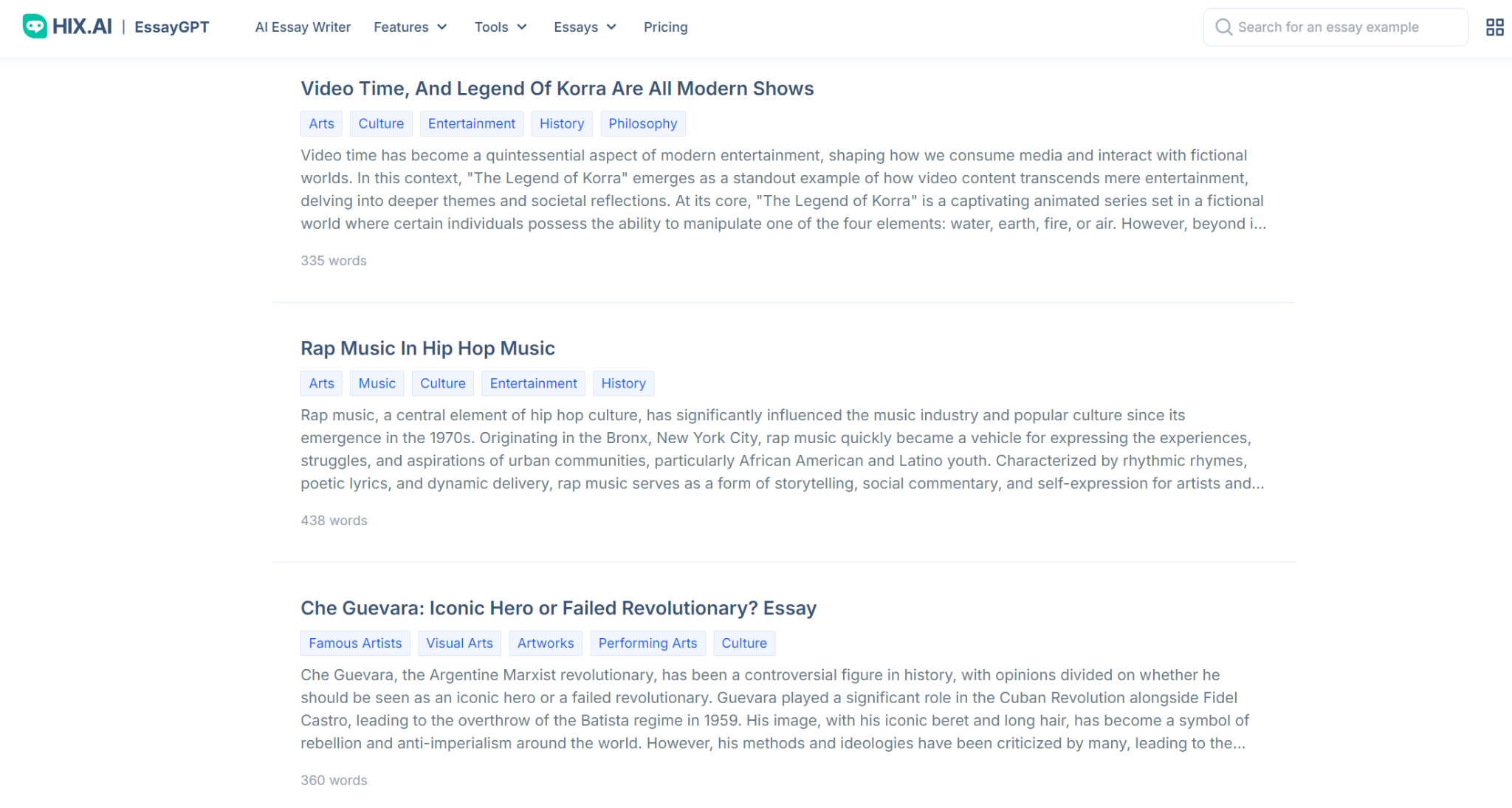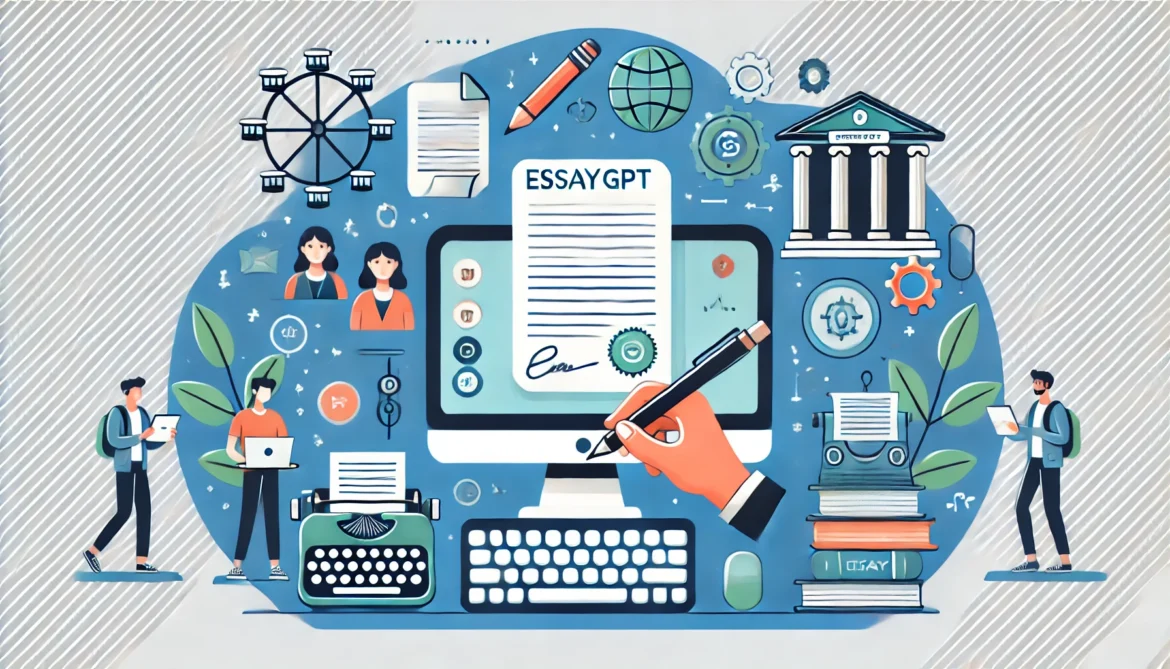Table of Contents
Writing essays on culture can be a challenging endeavor that requires a deep understanding of varying worldviews, practices, traditions, and values that define different societies. Whether you are a student, a researcher, or an avid learner, engaging with cultural topics necessitates an open mind, critical thinking, and thorough research. With the advent of advanced technologies such as EssayGPT, writing about culture has become more accessible and enriched, allowing writers to explore the intricacies of human society with greater confidence and insight.
Understanding the Scope of Cultural Essays
Before delving into the writing process, it is essential to grasp the broad scope of cultural essays. These compositions aim to analyze, interpret, and engage with the various aspects of human life classified under the umbrella of culture. Culture itself is an umbrella term that encompasses the social behaviors, norms, laws, beliefs, arts, customs, and intellectual traits of a specific group of people.

The Significance of Research
A thorough investigation is the cornerstone of any cultural essay. It involves delving into scholarly articles, historical texts, current sociocultural analyses, and even conducting interviews with people belonging to the culture under study. The intensive research offers a foundation for building arguments and lends credibility to the essay. The process informs the writer and enables the synthesis of a well-articulated narrative about the culture in question.
How to Employ EssayGPT in Crafting Cultural Essays
<iframe width=”560″ height=”315″ src=”https://www.youtube.com/embed/1FbgaUgz9js?si=dgDHq8ROw3brOD7S” title=”YouTube video player” frameborder=”0″ allow=”accelerometer; autoplay; clipboard-write; encrypted-media; gyroscope; picture-in-picture; web-share” referrerpolicy=”strict-origin-when-cross-origin” allowfullscreen></iframe>
Starting with a Clear Thesis
The first step in utilizing EssayGPT for cultural essay writing is to formulate a clear and specific thesis statement. This will guide the focus of the essay and ensure that the information presented is relevant and organized. A thesis reflects what the essay aims to convey about the chosen cultural topic, from examining cultural impact and changes to reflecting on personal narratives within a cultural context.
Organizing Thoughts and Structure
With a thesis in place, using EssayGPT can help streamline thoughts into a coherent structure. Cultural essays typically follow a standard format including:
- An Introduction that introduces the topic and presents the thesis statement.
- The Body containing several paragraphs, each exploring distinct aspects or arguments related to the culture. This may include traditions, history, art, societal roles, and contemporary influences.
- A Conclusion that ties together the main points and reiterates the thesis in light of the evidence presented.
EssayGPT can assist in arranging these components efficiently, ensuring that they transition smoothly and sustain the reader’s interest.

Using Rich Descriptive Language
Cultural essays often require vivid descriptions to bring traditions and practices to life. EssayGPT can facilitate the crafting of descriptive passages that paint an evocative picture of the culture in focus. It is essential to engage the senses and emotions of the reader to convey the essence of the culture fully.
Addressing Counterarguments
Acknowledging and addressing counterarguments or different viewpoints enriches a cultural essay. EssayGPT can help identify potential opposing views and provide a balanced perspective by offering a reasoned response or counteranalysis that adds depth to the discussion.
Fact-Checking and Citation
Accuracy is paramount in cultural essay writing. EssayGPT can cross-reference facts and ensure that all data presented is up-to-date and correctly cited. Proper citations not only bolster the essay’s authenticity but also provide readers with avenues for further exploration.
The Importance of Revision and Fine-Tuning
The writing process does not end with the completion of a draft. Revision is critical for fine-tuning the essay, and EssayGPT offers tools that can aid in this process. From assessing the essay’s clarity to ensuring the precision of the language and logical coherence of arguments, revising can significantly improve the essay’s quality.
EssayGPT as a Cultural Essay Companion
In conclusion, EssayGPT emerges as a valuable companion in the journey of exploring and elucidating the diverse tapestry of human cultures. By enhancing research capabilities, structuring ideas, augmenting descriptions, providing counterarguments, ensuring factual integrity, and aiding in revision, EssayGPT enables writers to craft essays on culture with confidence and scholarly finesse. Thus, the synergy of human ingenuity and intelligent technology allows for a richer understanding and celebration of the world’s cultural heritage.









